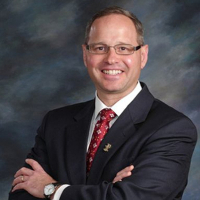Kalamazoo County, MI Estate Planning Lawyers
Includes: Gift Taxation
Michael J. Willis
✓ VERIFIEDBankruptcy & Debt, Wills & Probate, Contract, Elder Law, Estate Planning
Dedicated to Excellence in Client Service
Michael Willis founded this firm with his brother, Shaun Patrick Willis. Their father, Hon. Frank D. Willis, is the probate judge for Van Buren Count... (more)
Frank D. Willis
Estate Planning, Family Law, Elder Law, Wrongful Death
Status: In Good Standing Licensed: 51 Years
Michael C. Gergely
Estate Planning, Family Law, Divorce, Criminal
Status: In Good Standing Licensed: 59 Years
Brett A. Cummings
Foreclosure, Agriculture, Estate Planning, Banking & Finance
Status: In Good Standing
Robert J. Moser
Estate Planning, Sexual Harassment, Elder Law, Business
Status: Retired Licensed: 59 Years
Gail M. Towne
Lawsuit & Dispute, Health Care Other, Estate Planning, Family Law
Status: In Good Standing
Michele C. Marquardt
Real Estate, Estate Planning, Guardianships & Conservatorships, Elder Law
Status: In Good Standing
Stuart H. Deming
International, Health Care Other, Estate Planning, Business
Status: In Good Standing Licensed: 47 Years


